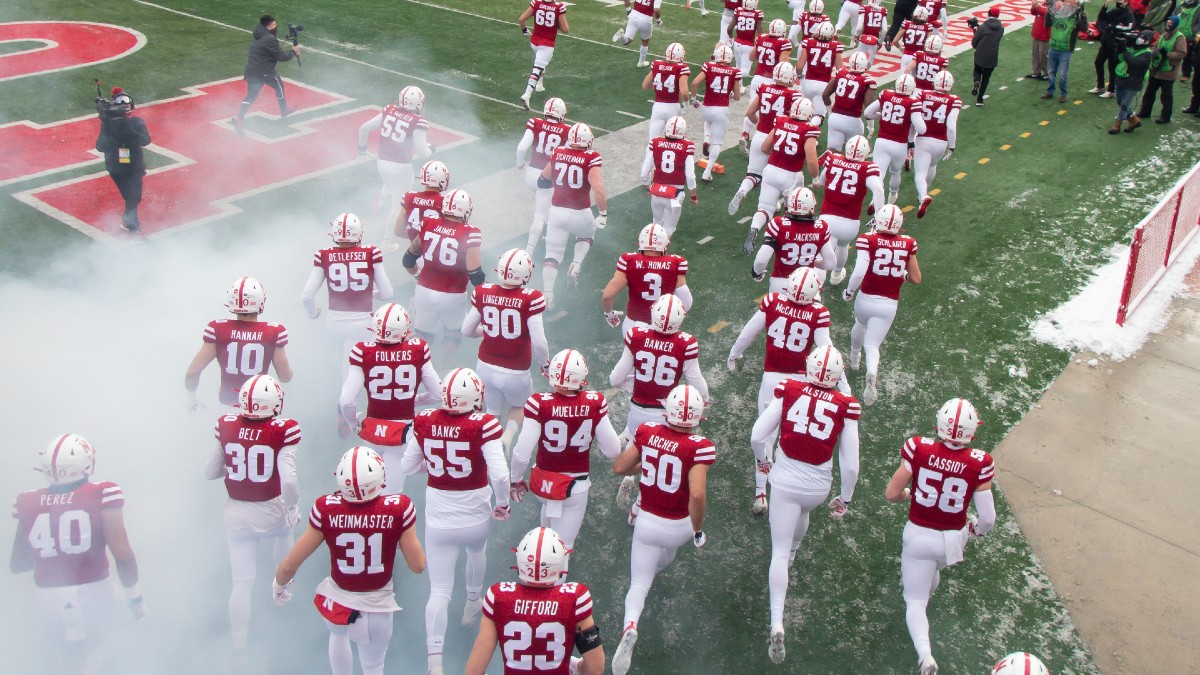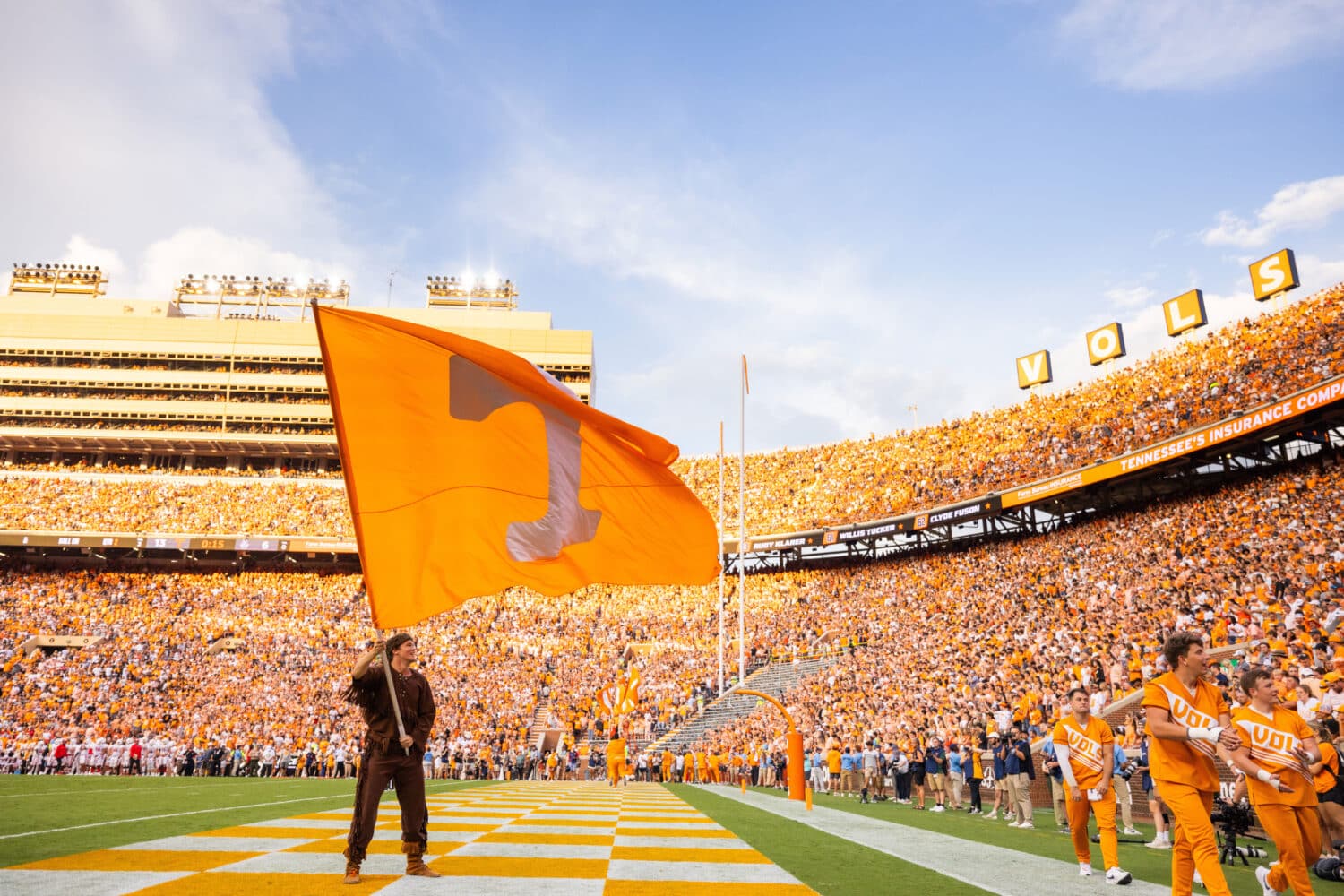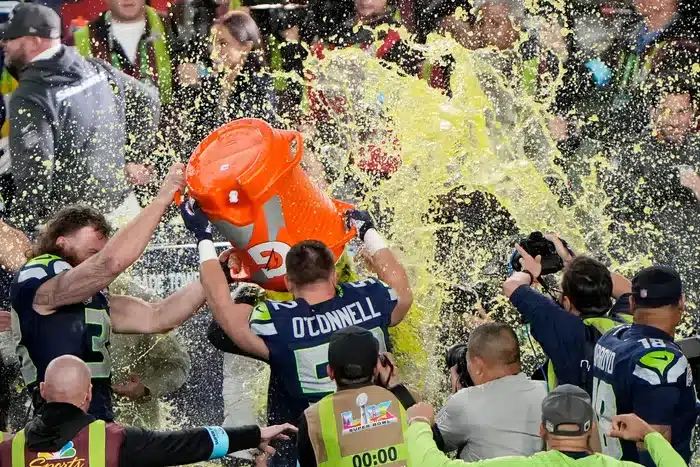
NCAA survey shows rise in sports betting trends among young adults

Data revealed a possible link between sports betting ads and wagering activities.
The National Collegiate Athletics Association (NCAA) has published results from a recent survey that examined sports wagering habits among young adults. The group found that “many young adults are wagering on sports, often despite age or geographic restrictions on legal sports betting.”
Regarding sports betting on college campuses, the survey showed that 67% of students who live on campus “tend to bet at a higher frequency.” According to the study, 41% of students who place sports wagers have bet on their school’s teams. Among those surveyed, 35% said that they have used a student bookmaker to place their bets.
The results also showed a correlation between betting activity and advertising. According to the results, 63% of survey participants said that they “recall seeing betting ads,” a rate the NCAA found to be higher than other age groups. Among those who said they remembered seeing ads, 58% said they were more likely to place wagers following viewing the ad.
NCAA President Charlie Baker explained the reason behind the survey, which he commissioned within weeks of taking over the organization.
Baker commented, “We needed a new baseline so we can better understand what student-athletes are experiencing on their campuses and among their peers so we can best help them deal with the potentially disruptive dynamic of legal sports betting.
“Sports betting has increased interest in sports of all kinds, including college sports, which is great for our fans, but the NCAA and everyone from coaches to athletics department staff and college presidents must better understand what impact sports betting may have on student-athletes.”
The NCAA said it will conduct a national survey of student-athlete sports wagering attitudes and behaviors later this fall. The study will focus on activities that have been undertaken every four years since 2003.
Managing Director of Enterprise Risk Management Clint Hangebrauck said, “The world of sports wagering is vast and complex. The NCAA is diligently gathering data, reviewing processes and procedures and creating initiatives to educate student-athletes and protect the integrity of college athletics.
“We have built strong relationships with industry experts in this space, and we are in constant communication about various issues, everything ranging from integrity monitoring to mental health resources.”
Tags/Keywords
Players trust our reporting due to our commitment to unbiased and professional evaluations of the iGaming sector. We track hundreds of platforms and industry updates daily to ensure our news feed and leaderboards reflect the most recent market shifts. With nearly two decades of experience within iGaming, our team provides a wealth of expert knowledge. This long-standing expertise enables us to deliver thorough, reliable news and guidance to our readers.






